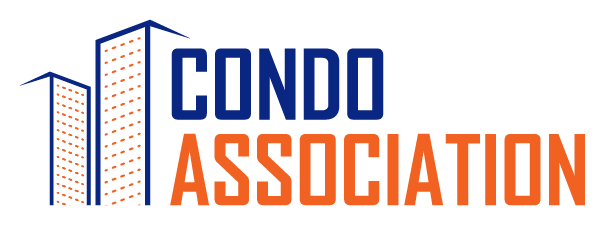Q: I currently serve on the board of my condominium association and am running to serve for another year. With the new statutes passed last year, for the first time I have been asked to sign a certification form stating that I have read and understand the statutes and declaration of condominium for my community. Also, our condo association attorney informs us that there are new provisions in the Condominium Act that appear to require new duties for association directors. The condo board president tells me that I should not be worried because the condo association carries directors and officers liability insurance. My question is, how much directors and officers liability insurance is enough, and what happens if somebody makes a claim against the directors in excess of the directors and officers liability policy limit? I enjoy serving on the condominium board, but I certainly do not want to put any of my personal assets at risk. N.N. (via e-mail)
A: You are correct that many new provisions were added to the Florida Condominium Act in 2008. It is not clear yet what the legal effect of the changes regarding a director's liability will be. As you probably know since you have served on the condo board previously, directors have always had a fiduciary duty to be reasonably well informed and to investigate and make a good faith evaluation of issues before voting. Directors have also always been required to keep reasonably apprised of association activities. Therefore, from one point of view, nothing has changed with the new statutes except that previously existing fiduciary duties have been expressly codified in the Condominium Act.
The new provisions in the Condominium Act concerning a director's duty of care are basically the same duties that have been found in the Florida corporate statutes for many years. Only time and perhaps some appellate court decisions will tell whether the new certification requirement for condo board directors, or the inclusion of director and officer liability standards in the Condominium Act, change existing condo law.
The answer to your first question is that the condo board should consult with the condo association insurance broker/agent as to the appropriate amount of directors and officers insurance coverage (usually referred to as theD&O policy). A million dollars coverage is probably the bare bones minimum. It is my understanding that coverage of three million, or even five million, can be obtained for a modestly higher premium. Obviously, the size of your association and the nature of your operation has some bearing on risk and the best balance between coverage and cost control.
In answer to your second question, the Florida statutes permit the bylaws of the association to contain comprehensive indemnification provisions which could become extremely important should insurance coverage not be adequate to cover a claim against you arising from board service. You may want to ask the board to check with the association's counsel to ensure that your bylaws contain thorough indemnification provisions. If a claim against a director exceeds the amount of insurance coverage, indemnification means that the entire community essentially acts as your insurer. However, there will likely be no insurance coverage and no right to indemnification in the event criminal action, fraudulent acts, or if willful or reckless misconduct or self-dealing is established.
